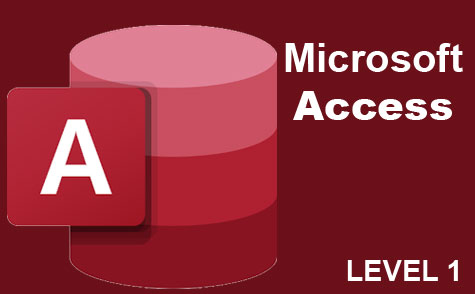Online Class: Computer Literacy Level 1 - Computer Basics

-
15Lessons
-
17Exams &
Assignments -
7,566Students
have taken this course -
7Hours
average time -
0.7CEUs
-
Video Audit
Available
Course Description
Foundations of Computer Literacy: Your Guided Tour Through the Digital World
In our modern era, computers have seamlessly woven themselves into the fabric of our daily lives. From business operations to personal tasks, these machines have become indispensable. For many, this transition happened so rapidly that they felt left behind. If you've ever felt daunted by the prospect of navigating the digital realm or simply wished for a clearer understanding of how your devices work, then this course is tailor-made for you.
Course Overview:
Whether it's the moment of anticipation right before powering on a brand-new computer or the curiosity about how devices connect and communicate, we've got you covered. This course is designed with the absolute beginner in mind. It's an enriching journey that starts with understanding the very basics of a computer and culminates in mastering fundamental internet and email operations.
Course Highlights:
-
From History to Present: Begin your journey by exploring the evolution of computers. Delve into their classifications and understand the distinctions between various types of machines, all the while appreciating their transformative impact on society.
-
Software and Windows: While hardware is the body of a computer, software is its soul. Unravel the mysteries of operating systems, with a special emphasis on mastering the ubiquitous Windows environment.
-
Connectivity and the Internet: Computers aren't solitary entities; they thrive on connection. Learn about networking, the marvel that is the internet, and the protocols that serve as its backbone.
-
Protection in a Digital Age: In a world where data breaches make headlines and cyber threats lurk in unseen corners, arm yourself with knowledge. Understand malware, the significance of online security, and the best practices to keep your personal information safe.
-
Email Mastery: In our communication-centric world, emails are pivotal. Whether it's for personal correspondences or professional outreach, gain proficiency in managing emails, with a keen focus on the popular Outlook client.
Detailed Course Breakdown:
- History and Classification of Computers: Explore the milestones that shaped computer evolution.
- Computer Software: Dive into the realm of software, understanding its role and importance.
- Getting Started with Windows: Acquaint yourself with the Windows interface and its basic functionalities.
- Files, Directories, and the Control Panel: Navigate your computer with ease, organizing and controlling settings.
- Communication Between Computers and the Internet: Unveil the magic of inter-device communication and web connectivity.
- Identifying and Organizing Files: Master file management for a smoother computing experience.
- Security for Your Computer: Build a fortress around your computer, warding off potential threats.
- Protecting Your Personal Data on the Web: Ensure your online footprints remain secure.
- Understanding the Different Types of Malware: Equip yourself with knowledge to detect and deter malicious software.
- Avoiding Online Fraud and Network Security: Learn the red flags of online scams and bolster your network defenses.
- Backing Up Data and Email Security: Safeguard your invaluable data and maintain email integrity.
- Researching and Shopping Online: Navigate the online marketplace efficiently and safely.
- Understanding Protocols: Dive deeper into the backbone of the internet and its operating principles.
- Keeping Your Network Safe: Protect your connected devices and maintain a secure network environment.
- Working with Email: From setup to sending, become an email pro.
By the culmination of this course, you won't just be a user; you'll be an informed and confident navigator of the digital world. Whether you aim to apply these skills in a professional setting or simply wish to enrich your personal experiences, this foundation will serve you well in our increasingly digitized society. Join us and unlock a world of possibilities.
Course Lessons
Lesson 1: History and Classification of Computers
This course on Computer basics will begin with a focus on the history behind this development.Lesson 2: Computer Software
In lesson one, we discussed computer hardware in detail but there is another layer called software. This lesson will focus on understanding software.Lesson 3: Getting Started with Windows
This lesson will cover the basic steps, but remember that any operating system has hundreds of features, settings, and options that you can use to customize it to how you like to work.Lesson 4: Files, Directories and the Control Panel
In this lesson, we'll cover how to use the Control Panel to remove programs properly and set up Windows with your own colors, display settings, users, and other important features that you need to work with as you run computer programs.Lesson 5: Communication Between Computers and the Internet
This lesson discusses basic computer networking to help you understand the way two machines communicate with each other.Lesson 6: Identifying and Organizing Files
This lesson will focus on how to organize all the files accumulated on your computer.Lesson 7: Security for Your Computer
The internet is filled with strangers and networks that you can't trust, so you can't assume these other computers aren't being used for attackers and hackers. This lesson will focus on how to secure your computer activity.Lesson 8: Protecting Your Personal Data on the Web
This lesson will continue focus on computer security. Before you answer email from a random stranger on the internet or shop on a website using your financial accounts, you should understand the many ways attackers scam users into giving up their data.Lesson 9: Understanding the Different Type of Malware
This lesson will focus on understanding different types of Malware.Lesson 10: Avoiding Online Fraud and Network Security
Avoiding Online Fraud and Network Security. This lesson will focus on avoiding online fraud techniques.Lesson 11: Backing Up Data and Email Security
In this lesson, we'll discuss backups and keeping your data safe when emailing.Lesson 12: Researching and Shopping Online
This lesson gives you an overview of how to browse the internet to find the information you need to make intelligent decisions whether it's for your own research, online shopping, or just casual trivia knowledge.Lesson 13: Understanding Protocols
Protocols are the rules in which computers communicate, and if you don't follow these rules data is corrupted or the message is discarded.Lesson 14: Keeping Your Network Safe
Outside attacks can destroy your entire home network and these attackers can either steal or destroy data easier when you have a trusted network of computers. In this lesson, we'll discuss how to secure a small peer-to-peer network.Lesson 15: Working with Email
In this lesson, we'll cover how to use email for both personal and business purposes.
Learning Outcomes
- Describe history and classification of computers.
- Describe computer software.
- Demonstrate getting started with windows.
- Demonstrate using files, directories and the control panel.
- Describe communication between computers and the internet.
- Summarize security for your computer.
- Describe protecting your personal data on the web.
- Describe the different type of malware.
- Summarize methods for avoiding online fraud and network security.
- Describe methods for backing up data and email security.
- Describe protocols used in computer and internet communications.
- Describe methods for keeping your network safe.
- Demonstrate mastery of lesson content at levels of 70% or higher.
Additional Course Information

- Document Your Lifelong Learning Achievements
- Earn an Official Certificate Documenting Course Hours and CEUs
- Verify Your Certificate with a Unique Serial Number Online
- View and Share Your Certificate Online or Download/Print as PDF
- Display Your Certificate on Your Resume and Promote Your Achievements Using Social Media

Student Testimonials
- "It was very helpful. Not only did it provide useful lessons, it was also an eye opener to warn against hackers on the internet in everyday life." -- Margaret M.
- "The sections are easy to review, with explanations that are easy to understand. This course really opens your eyes to how little I actually know..." -- Charity O.
- "This is a great started course for anyone looking to learn more about their computer. I am better equipped to secure my online presence as well as be on the lookout for phishing sites." -- Kenya K.
- "It was a very good course for me as I was not brought up with computers. I got all the basic information and how to apply it. I am glad I took it and hope to take another in the near future. I spent a lot of hours working out things which was good in these present times." -- Eileen D.
- "This course was very helpful. The different pictures used in the video allowed me to see exactly what the internal parts of the computer look like." -- Angeline B.
- "I really enjoyed taking this course. This course was what I have been looking for in a computer basics class." -- Christina D.
- "The course was very informative and interesting I really learned a lot and it also helped me understand how to use and protect my computers. I greatly appreciate the time taken to set up these courses. Thank you so much." -- Iana S.
- "This course was extremely helpful. I learned a lot on how to make sure I am always in a secure environment when browsing personal requests." -- Debbie G.
- "I learned so much very informative. Thank you for this course. I've never taken a computer class before. The instructor is very helpful too." -- Tara F.
- "This course was great! I needed to understand more of computers and the technology within them, and this course did a great job of explaining." -- Jedi S.
Related Courses
-
 6 hours
0.6 CEUs
Computer Literacy Level 2 - Internet Basics
+ More Info
6 hours
0.6 CEUs
Computer Literacy Level 2 - Internet Basics
+ More Info
-
 20 hours
2.0 CEUs
Typing and Keyboarding 101
+ More Info
20 hours
2.0 CEUs
Typing and Keyboarding 101
+ More Info
-
 7 hours
0.7 CEUs
Google Slides
+ More Info
7 hours
0.7 CEUs
Google Slides
+ More Info
-
 14 hours
1.4 CEUs
QuickBooks Online
+ More Info
14 hours
1.4 CEUs
QuickBooks Online
+ More Info
-
 8 hours
0.8 CEUs
MySQL
+ More Info
8 hours
0.8 CEUs
MySQL
+ More Info
-
 6 hours
0.6 CEUs
Cybersecurity 101
+ More Info
6 hours
0.6 CEUs
Cybersecurity 101
+ More Info
-
 8 hours
0.8 CEUs
Learn HTML - Create Webpages Using HTML5
+ More Info
8 hours
0.8 CEUs
Learn HTML - Create Webpages Using HTML5
+ More Info
-
 14 hours
1.4 CEUs
QuickBooks 101
+ More Info
14 hours
1.4 CEUs
QuickBooks 101
+ More Info
-
 7 hours
0.7 CEUs
Personal Communication Skills Level 4
+ More Info
7 hours
0.7 CEUs
Personal Communication Skills Level 4
+ More Info
-
 17 hours
1.7 CEUs
Introduction to SQL
+ More Info
17 hours
1.7 CEUs
Introduction to SQL
+ More Info
-
 7 hours
0.7 CEUs
Google Sheets
+ More Info
7 hours
0.7 CEUs
Google Sheets
+ More Info
-
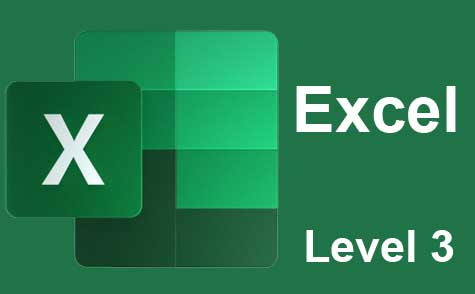 7 hours
0.7 CEUs
Microsoft Excel Level 3
+ More Info
7 hours
0.7 CEUs
Microsoft Excel Level 3
+ More Info
-
 6 hours
0.6 CEUs
Computer Literacy Level 3 - Living and Working Online
+ More Info
6 hours
0.6 CEUs
Computer Literacy Level 3 - Living and Working Online
+ More Info
-
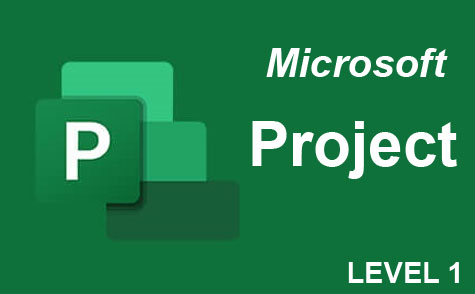 9 hours
0.9 CEUs
Microsoft Project Level 1
+ More Info
9 hours
0.9 CEUs
Microsoft Project Level 1
+ More Info
-
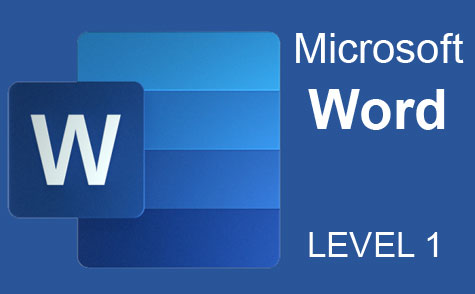 7 hours
0.7 CEUs
Microsoft Word Level 1
+ More Info
7 hours
0.7 CEUs
Microsoft Word Level 1
+ More Info
-
 11 hours
1.1 CEUs
Introduction to CSS
+ More Info
11 hours
1.1 CEUs
Introduction to CSS
+ More Info
-
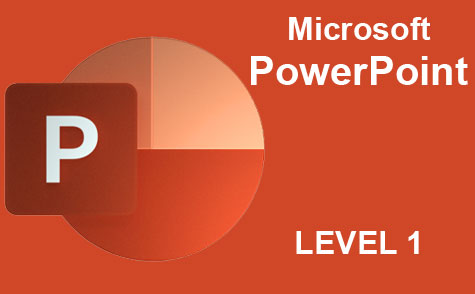 8 hours
0.8 CEUs
Microsoft PowerPoint Level 1
+ More Info
8 hours
0.8 CEUs
Microsoft PowerPoint Level 1
+ More Info
-
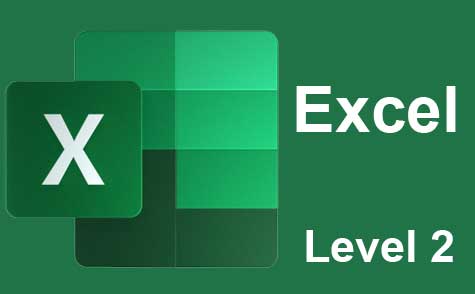 7 hours
0.7 CEUs
Microsoft Excel Level 2
+ More Info
7 hours
0.7 CEUs
Microsoft Excel Level 2
+ More Info
-
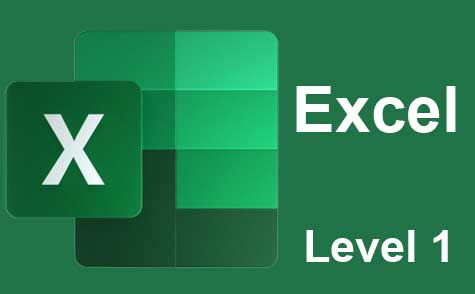 12 hours
1.2 CEUs
Microsoft Excel Level 1
+ More Info
12 hours
1.2 CEUs
Microsoft Excel Level 1
+ More Info
-
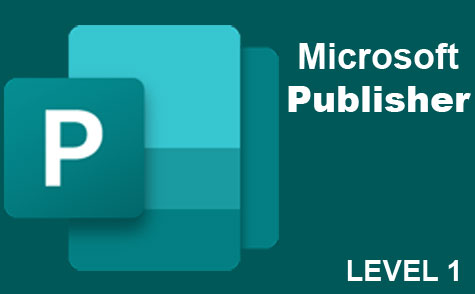 6 hours
0.6 CEUs
Microsoft Publisher Level 1
+ More Info
6 hours
0.6 CEUs
Microsoft Publisher Level 1
+ More Info
-
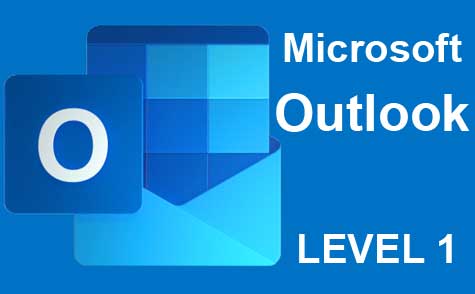 5 hours
0.5 CEUs
Microsoft Outlook Level 1
+ More Info
5 hours
0.5 CEUs
Microsoft Outlook Level 1
+ More Info
-
 8 hours
0.8 CEUs
Quicken Tutorial: All Versions
+ More Info
8 hours
0.8 CEUs
Quicken Tutorial: All Versions
+ More Info



